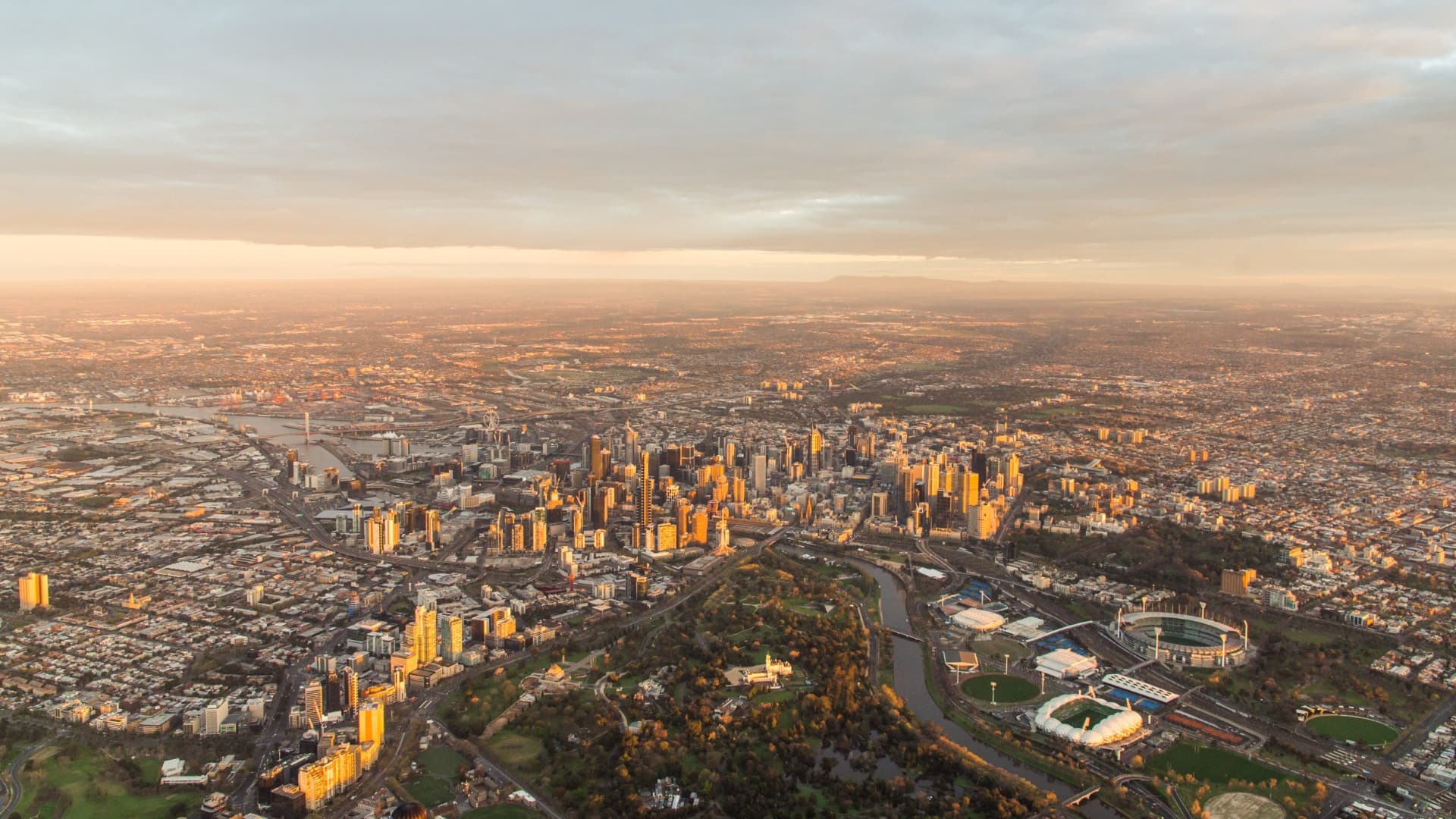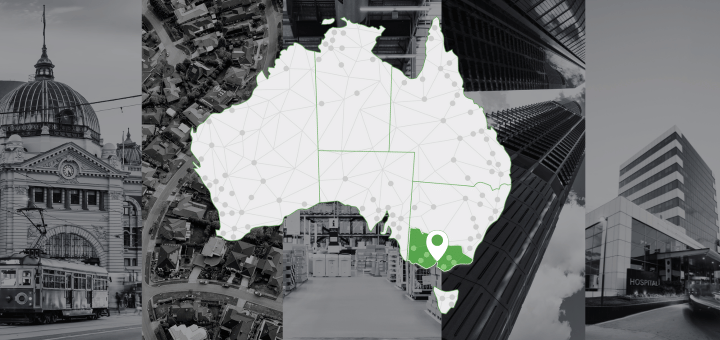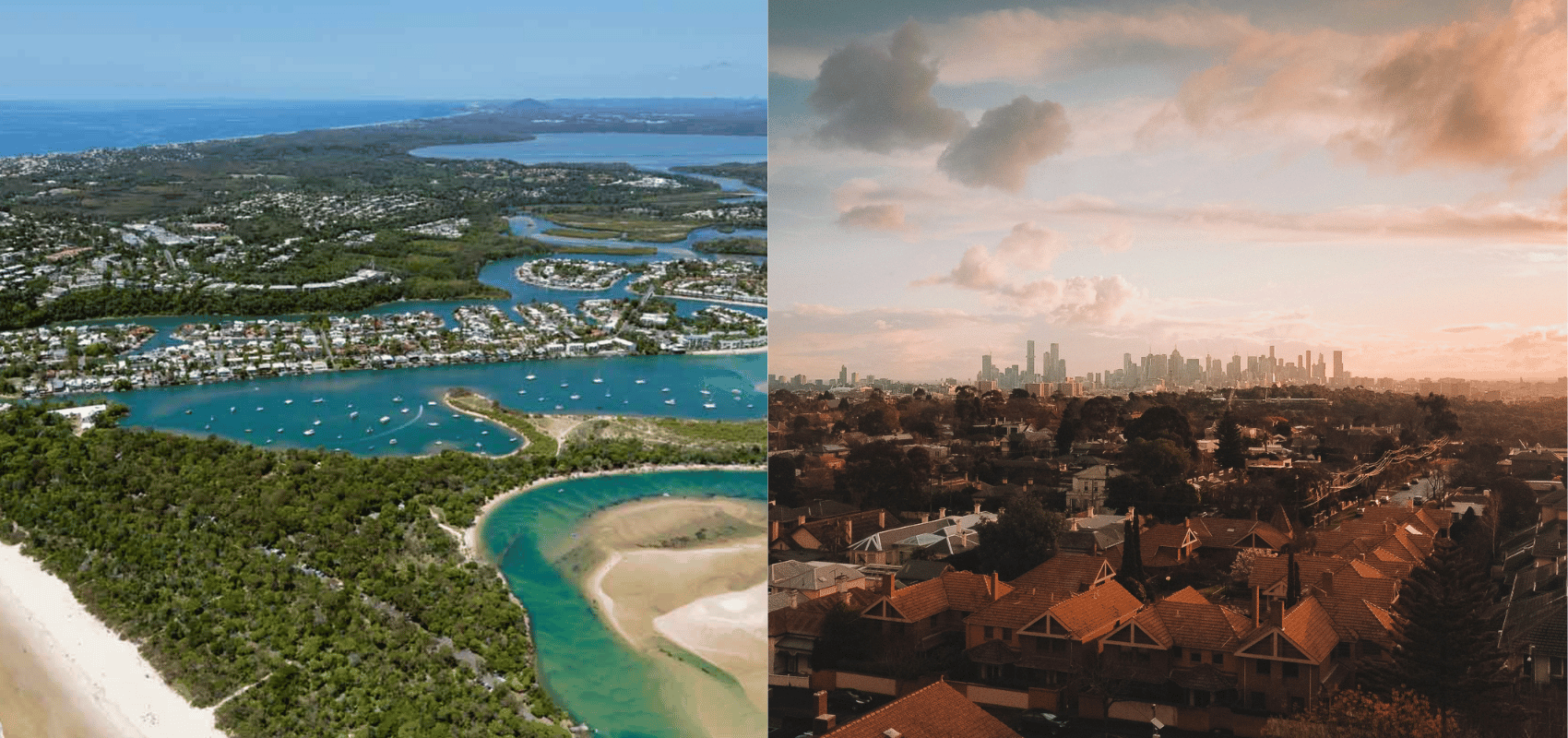.id is pleased to announce an update to the datasets in economy.id. The spatial economy dataset now includes an enhanced imputed dataset using a methodology used by the Bureau of Transport Statistics, New South Wales. This new dataset eliminates a lot of the “Not stated” and “Unable to code” categories from the work locations data, and gives a much better estimate of actual worker numbers.
economy.id already contains a range of datasets from the NIEIR microsimulation model which adjust for the Census undercount by using resources such as the Labour Force Survey as inputs. Generally Census counts are 15-20% below actual worker numbers due to workers not stating their workplace address, or ABS not being able to code it correctly. However these modelled datasets aren’t available for smaller areas within the LGA.
The Work Destination zones contain an extra level of uncertainty – “dump codes” – where the workplace address could be coded to a general vicinity (generally an SA2 or LGA area) but not to the exact location. This means that the destination zone data based on raw Census counts is often a 25% undercount of actual worker numbers.
The Bureau of Transport Statistics, NSW, pioneered a method of coding which eliminates “Not stated” and “Unable to code” records and assigns ever worker (except those with “No usual address”) to a work destination.
How do they do it?
The technical details are found here: http://www.bts.nsw.gov.au/Statistics/Journey-to-Work
But the basics are that they use records of similar responses where the workplace address is known to make assumptions about the workplace of people in similar residential locations, with similar industries and methods of travel to work.
For instance, if I live in Wollongong and state that I drive to work in a coal mine, but don’t state where that Coal Mine is, I would come under the “not stated” workplace address normally. But if all the others who did state their address have a known location, it’s likely to be the same place, so these are now being imputed correctly to the Appin Colliery on the escarpment. The algorithm is more sophisticated than this, and looks at every 4-digit industry code to make an assessment of where to assign all the unknown locations – but the basics are really just an extension of this – using known information from some records to impute relevant details of other similar records.
Since this works at the unit record level, it can only be done in-house at the ABS. But the ABS have now taken on this methodology and applied it to the whole country (not just NSW), which means we can now include it in economy.id.
All economy.id sites around Australia have now been updated with this revised dataset. You can find it under the “Spatial Economy” heading on your site.
All users should now have much more accurate estimates of employment by industry at the very detailed level within the site. And did you know you can now click on zones and add them together to get employment counts for custom boundaries – for instance, suburbs or shopping precincts? These aggregated figures can be exported directly to excel too.

To access your area’s economy.id, visit our online demographic resource centre. If you enjoyed this article, subscribe to our blog (to the left – in our sidebar) or follow us @dotid.










